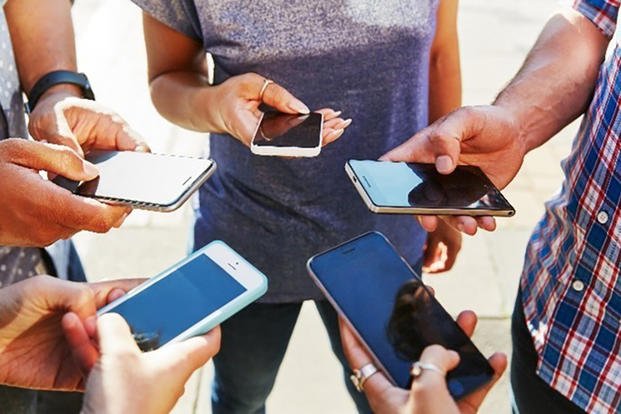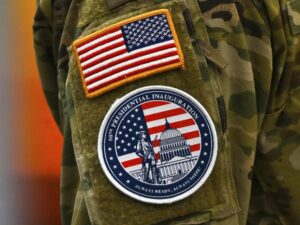The Growing Influence of Social Media on Military Recruiting
Despite being flagged as a security threat, TikTok continues to be a significant platform for military-related content. The Defense Department’s 2020 ban of the app on government devices hasn’t diminished its role in influencing public perception and potentially aiding recruitment.
A Platform with Massive Reach
Albert Calamug, a Marine Corps veteran, highlighted TikTok’s extensive reach at the Military Influencer Conference, noting, “In 2023, veteran-related content on TikTok amassed over 15 billion views, right? That’s with a ‘B,’ 15 billion views.” Even as TikTok’s relationship with the Department of Defense remains strained, its impact is undeniable.
Military Influencers: Bridging the Gap
Military influencers like Johnny Vargas, known as Viva La Vargas on TikTok, are reshaping the narrative around military life. Despite official discouragement, Vargas remains active on TikTok, sharing content derived from news sources and DoD Instructions. His engaging posts have unintentionally turned him into a recruiter of sorts, with followers crediting him for influencing their enlistment decisions.
“I’m floored and humbled when I get messages and comments of people saying, ‘You know, I reenlisted because of one of your videos,'” Vargas shared.
Influencers Navigating Uncertain Guidelines
Other influencers, like Erin Williams, an Army officer, choose platforms like Instagram to share their military experiences. Williams, known online as “runstrongmama,” has found a niche in providing information-based content. However, the lack of clear guidelines from the DoD on social media use leaves influencers guessing about acceptable practices.
In October, the Army provided new guidance placing the responsibility of social media governance with commanding officers, leading to inconsistencies across installations.
Military’s Attempt to Adapt
Efforts to modernize military communication have been made, such as the Navy’s updated social media handbook and the Air Force’s Ambassador program. Yet, concerns about controlling the narrative and the unclear rules around monetization persist.
Theresa Carpenter, a Navy public affairs officer, remarked, “I don’t believe that DoD is ready for active-duty influencers to monetize. There’s no program for it. There’s no permissions for it. And what it is, it’s basically the Wild Wild West right now.”
The Monetization Dilemma
While service members are permitted to have personal social media accounts, profiting from content related to military service can lead to disciplinary action. Influencers express frustration over the perceived double standard, as senior military officials often monetize their experience post-service.
Erin Williams chose to scale back monetization efforts, stating, “I’ve chosen to scale [monetization] back, because I don’t want to give anyone the impression I’m making money due to my military affiliation.”
As social media continues to evolve, the military faces challenges in balancing security concerns with the potential benefits of digital platforms in reaching broader audiences.










